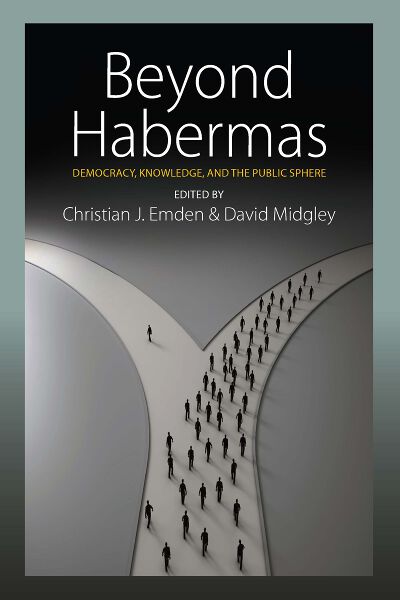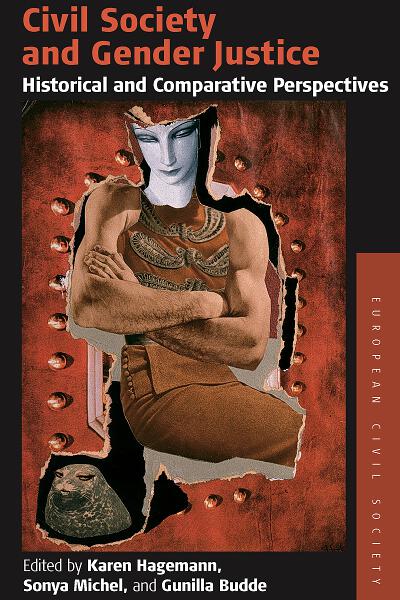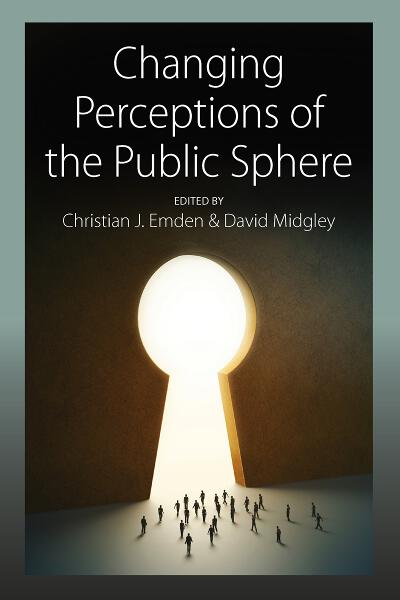
See Related
Cultural studies JournalsEmail Newsletters
Sign up for our email newsletters to get customized updates on new Berghahn publications.
Beyond Habermas
Democracy, Knowledge, and the Public Sphere
Edited by Christian J. Emden and David Midgley
232 pages, bibliog., index
ISBN 978-0-85745-721-9 $135.00/£104.00 / Hb / Published (November 2012)
ISBN 978-1-78238-668-1 $34.95/£27.95 / Pb / Published (December 2014)
eISBN 978-1-83695-901-4 eBook
Reviews
“Informed, informative, thoughtful, thought-provoking, and reflecting an expansion based or inspired in part upon the earlier work of Habermas, this superb anthology of impeccable scholarship is a seminal and highly recommended body of work. Enhanced with the inclusion of an extensive bibliography, notes on the contributors, and a comprehensive index, Beyond Habermasis an essential addition to academic library philosophy collections.” · The Midwest Book Review
“This is an interesting collection of essays by a set of prominent and important scholars. Most of the essays respond to Habermas’ early book, The Structural Transformation of the Public Sphere. They do so, however, in a wide variety of fields… It is a huge benefit, in that the reader is not fed a diet of restricted and distorting examples, as is so often the case when political theorists debate the notion of the public space or the public voice.” · Andrew Norris, University of California, Santa Barbara
Description
During the 1960s the German philosopher Jürgen Habermas introduced the notion of a “bourgeois public sphere” in order to describe the symbolic arena of political life and conversation that originated with the cultural institutions of the early eighteenth-century; since then the “public sphere” itself has become perhaps one of the most debated concepts at the very heart of modernity. For Habermas, the tension between the administrative power of the state, with its understanding of sovereignty, and the emerging institutions of the bourgeoisie—coffee houses, periodicals, encyclopedias, literary culture, etc.—was seen as being mediated by the public sphere, making it a symbolic site of public reasoning. This volume examines whether the “public sphere” remains a central explanatory model in the social sciences, political theory, and the humanities.
Christian J. Emden is Professor of German Intellectual History and Political Thought at Rice University. He is the author of Nietzsche on Language, Consciousness, and the Body (University of Illinois Press, 2005) and Friedrich Nietzsche and the Politics of History (Cambridge University Press, 2008).
David Midgley is Professor in German Literature and Culture at the University of Cambridge, England, and a Fellow of St. John’s College. His publications include WritingWeimar: Critical Realismin German Literature, 1918–1933 (Oxford University Press, 2000).




